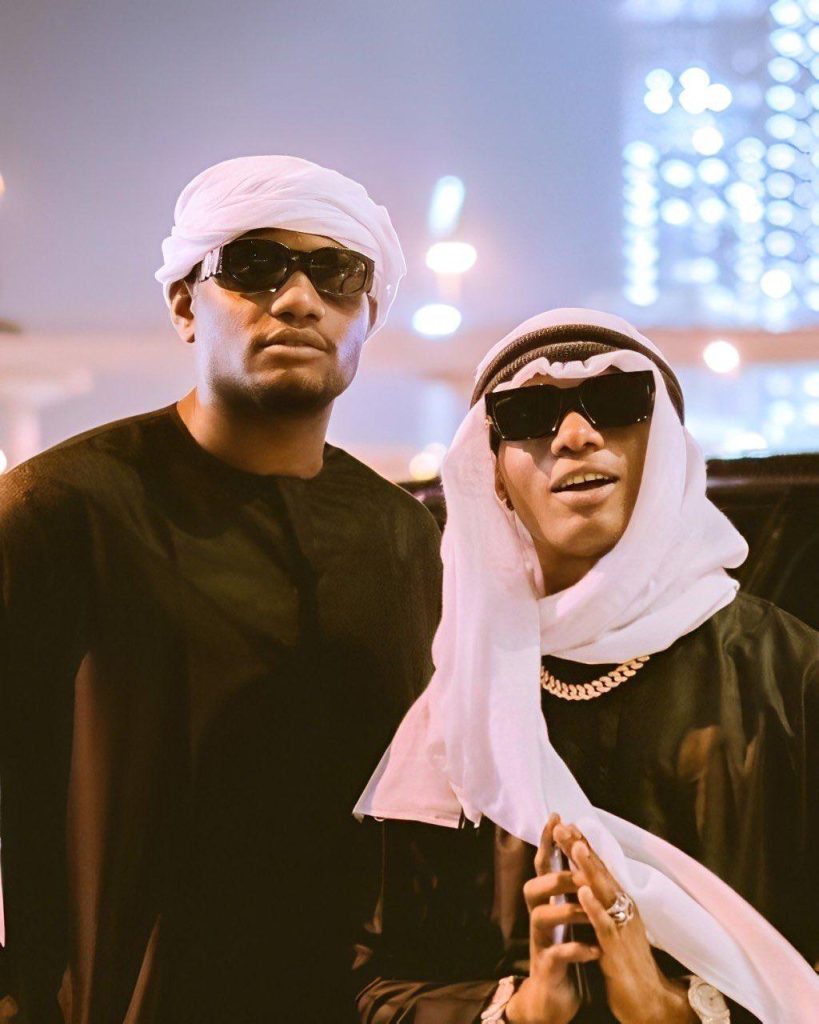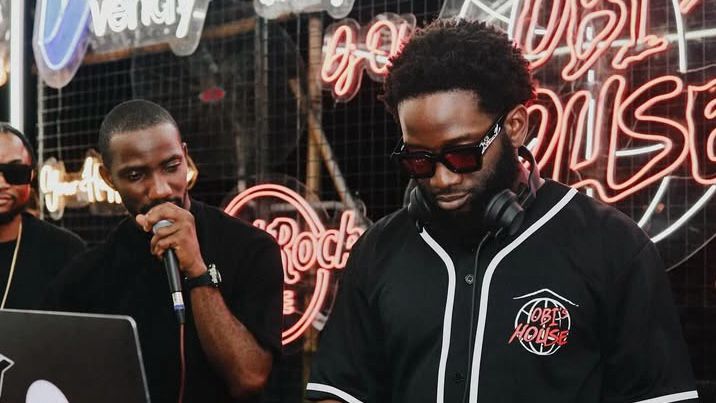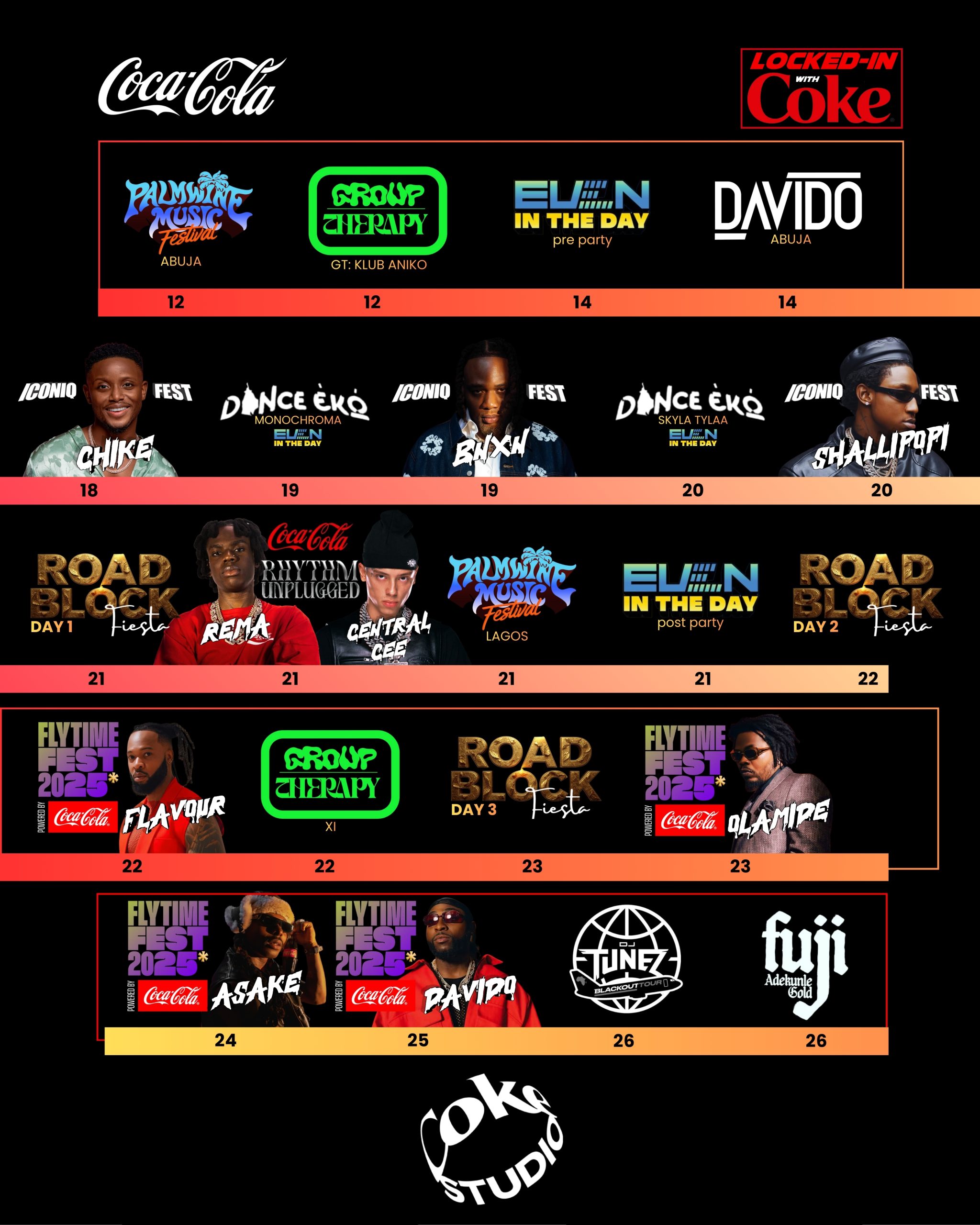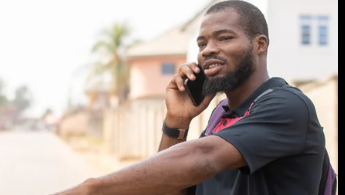Once upon a time, the DJ was the guy behind the booth whose job was to keep the music going. Over the past few years, there has been such a drastic shift that the average DJ has transformed from a background player to the main attraction. But how did we get here?
In the 90s and early 2000s, the DJs were the selectors and custodians of sound. They were in charge of what got played, setting the perfect soundtrack to every occasion. With the advent of the radio era, DJs became more integral to the system. They became the trendsetters, dictating what would be considered “cool”. Getting the right DJ’s co-sign could make an artist’s career, in terms of both airplay and on-the-ground spinning at parties. In Nigeria, there’s one name that defined this era: DJ Jimmy Jatt, the godfather of Nigerian hip-hop. Jimmy Jatt took the craft further than just turntabling; he created the “Jump Off” series, which gave a platform to upcoming rappers (Dagrin, Olamide, Vector, etc) and pioneered the DJ mixtape era, which shifted the role of the jockey from curator to creator.

The late ‘00s and the ‘10s came with a new crop of DJs who started attaching personality and branding to their artistry: think Spinall with the cap and Sose with the face tat. DJs also started hosting radio shows, interviewing artists, and making themselves more visible. DJ Kaywise and DJ Neptune kept mixtape culture alive, with themed sets that blared through block parties and street carnivals. Others like DJ Xclusive made it standard practice to create their own songs featuring well-known artists; cementing the DJ as a musician in their own right. This era also birthed something new: women on the wheels of steel. The rise of DJs Frizzle, Lambo, Switch and Cuppy challenged the notion that jockeys were expected to be male.
The ‘20s ushered in a resurgence of an old trend: the DJ-artist partnership. Just like we had DJ Jazzy Jeff and The Fresh Prince (that’s Will Smith to anyone born after 1996), we now have DJ Tunez as Wizkid’s official DJ, with Spaceship Billy and ECool doing the same for Burna Boy and Davido, respectively. The COVID pandemic also caused the rise of virtual sets, with DJs performing from home and streaming to live social media audiences. This phenomenon has come to stay, with DJs now uploading their physical sets for home audiences. Obi’s House, also born as a lockdown pastime, has now morphed into a cultural force.
If previous years saw DJs dip their toes into performance culture, the present era sees them dive fully into it. There’s a new type of DJ: the performer. No longer confined behind the booth, DJs like Wanni x Handi wow the crowds with their dance moves. The average ‘20s DJ is a brand; everyone knows to expect signature transitions when you see Dope Caesar. Thanks to the rise of platforms like Boiler Room and CulturFM, and of course, TikTok, the DJ is now the centre of attention. As part of the “Afrobeats to the World” export, Nigerian DJs are now headlining sets all over the world, with Obi’s House going on tours and DJ Spinall playing at Coachella.
Nigerian DJs have re-written the rules of engagement, proving that they’re anything but predictable. They’re not just here to play music, they are the moment. There’s no telling what they’ll do next.




